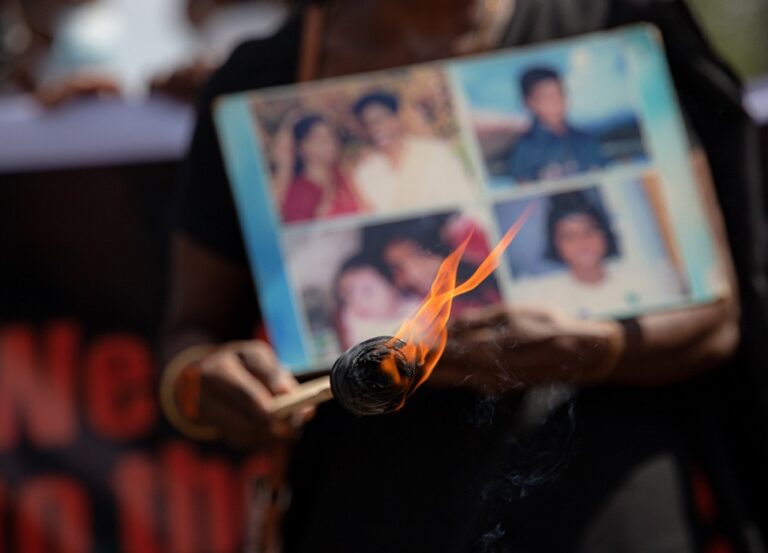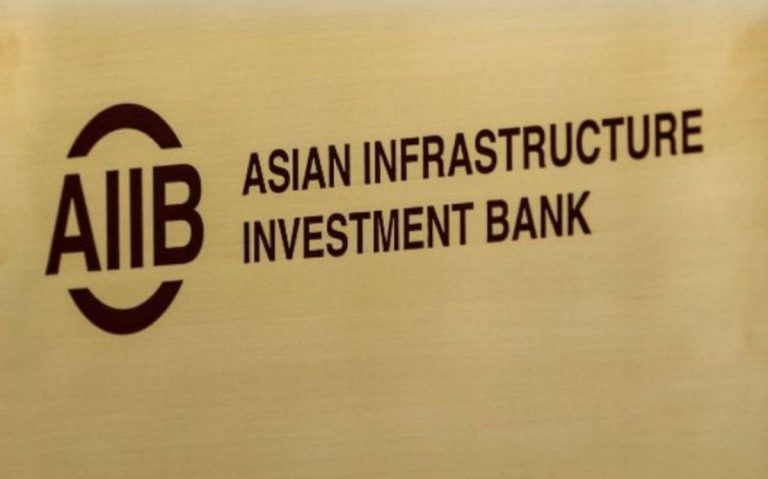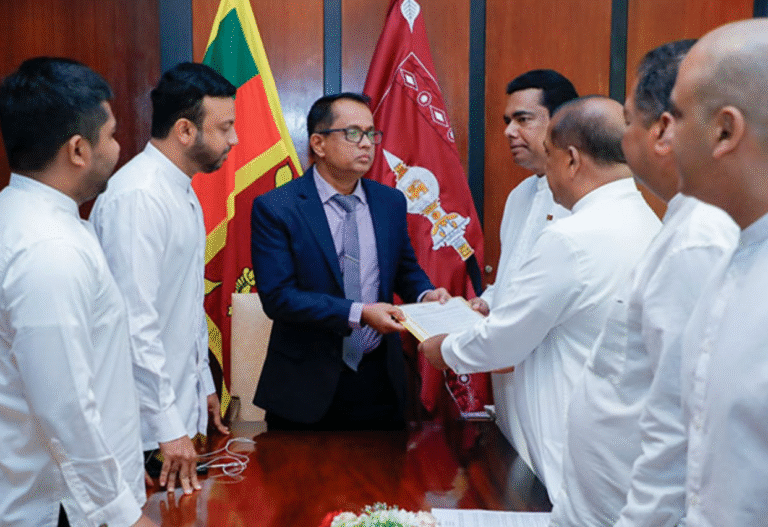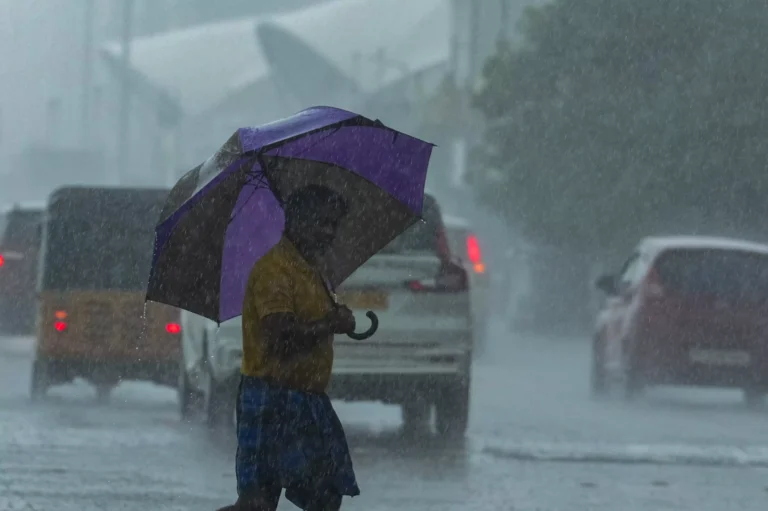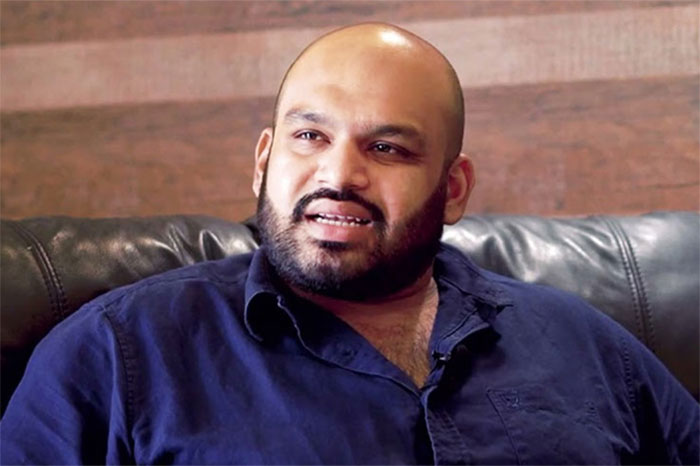Sri Lanka’s construction industry, long battered by economic turbulence, shows renewed signs of life in 2025—but many in the field warn that absent decisive government support, the recovery may bypass the firms that need it most.
In the first half of 2025, the construction sector’s output has held steady, but the real story lies in sentiment and structural strains. According to data from Trading Economics, the construction contribution to GDP fell from LKR 235,741 million in Q1 to LKR 225,151 million in Q2.
While that dip raises alarms, it follows a period of strong expansion in late 2024: the construction value-added segment recorded year-on-year growth of 27.1 % in Q4 2024, underpinned by a surge in capital investments and infrastructure projects.
Forward projections remain comparatively optimistic. Industry analysts forecast a 7.9 % real growth in 2025, driven by increased public and private sector investment in infrastructure, transport, energy, and utility works.
The Central Bank and allied authorities point to the recovery in gross fixed capital formation as a key pillar sustaining momentum.
Sentiment among contractors has improved notably. The Central Bank’s Purchasing Managers’ Index (PMI) for construction climbed from 51.4 in December 2024 to 52.9 in January 2025, and by mid-year had reached 58.6 in June and 61.1 in August.The index gains reflect renewed optimism in order flows, employment, and purchasing activity.
Yet behind these headline gains lie fissures threatening to split the industry’s recovery. Small and medium contractor’s report that they remain excluded from the rebound. Large contractors have cornered most new infrastructure work, while SMEs struggle for access to capital, face blocked payments, and find themselves excluded from government contract allocations. Advocates say that without budget approval of earlier industry proposals, many smaller firms could collapse.
Industry leaders warn that arching bureaucratic delays multiple committee reviews, misinterpretation of contract clauses, and stalling of relief measuresthreaten to derail even the positive momentum. As one contractor put it, “execution—not more studiesis now what the industry needs.”
The proposed relief measures remain largely unimplemented. These span tax and cash-flow concessions (such as exemption from the Social Security Contribution Levy on contracts predating 2022 and release of retention funds), reform of contract terms to reflect crisis-related delays, inflation and currency protections, and mechanisms to ensure fair payments to subcontractors and suppliers. Also on the table is institutional reform via a Standing Steering Committee on Construction with joint government and industry representation, intended to cut through red tape.
The zeal for recovery is hardly misplaced. Construction accounts for an estimated 7–8 % of Sri Lanka’s GDP and sustains hundreds of thousands of jobs, both directly and through supply chains. A revived sector can deliver multiplier impacts across steel, cement, transport, manufacturing, services and more. Visible infrastructure and housing improvements could also help restore public trust and attract investment.
Still, risks loom. The drop in Q2 construction GDP warns that gains are fragile. At the same time, Sri Lanka’s overall growth forecast is being moderated: the World Bank expects full-year 2025 growth of just 3.5 % owing to structural headwinds and global uncertainty.
For the construction rebound to be sustainably inclusive, industry groups say, the government must act swiftly. Every month of delay could deep-freeze resources, cost jobs, and let progress slip. In a country where a broad recovery remains elusive, leaving behind the backbone of the industry could threaten not just projects on paper but the nation’s path forward.




